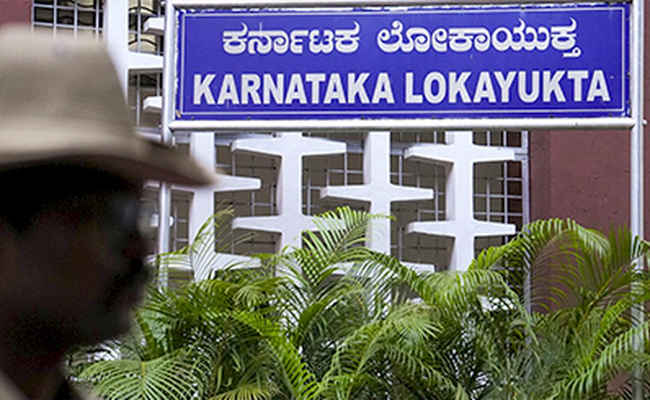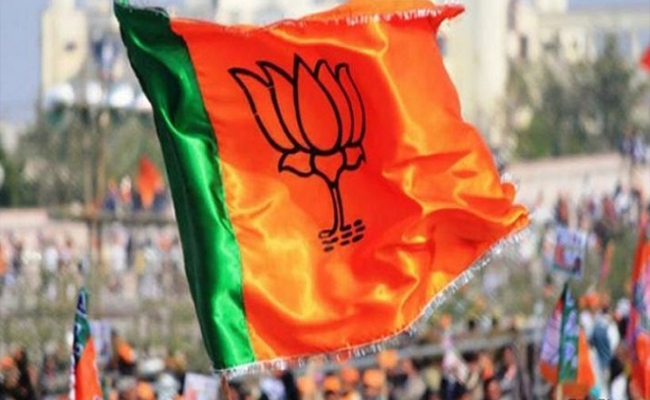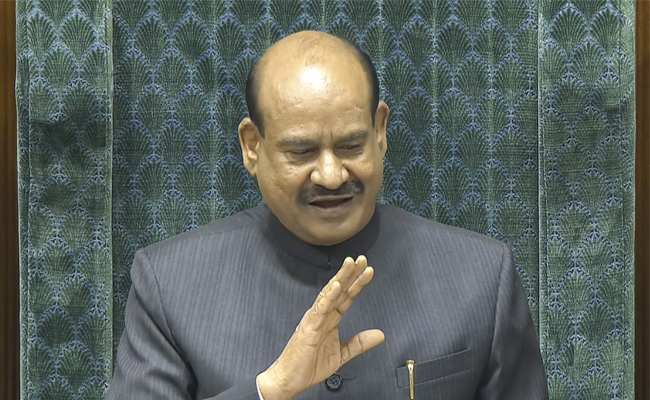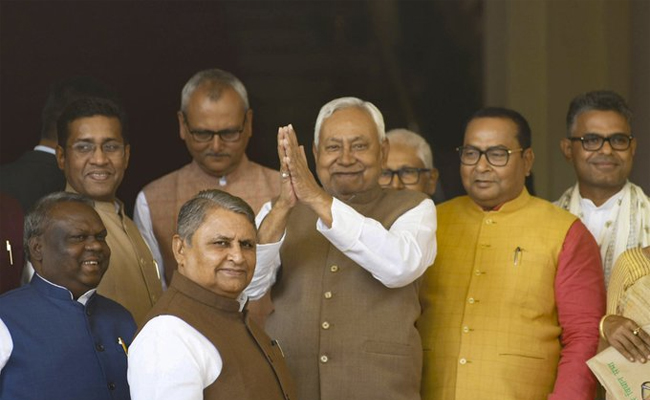San Francisco, June 1: YouTube, Instagram and Snapchat are the most popular online platforms among US teenagers today, pushing Facebook, which once dominated the social media landscape, to the fourth position, according to a new survey.
Today, roughly half (51 percent) of US teenagers between ages 13 and 17 say they use Facebook, notably lower than the shares who use YouTube, Facebook-owned Instagram or Snapchat, showed the Pew Research Center survey results released on Thursday.
While 85 per cent teenagers use YouTube, 72 per cent use Instagram and 69 per cent use Snapchat, showed the survey conducted between March 7-April 10 this year.
Notably, lower-income teenagers are more likely to gravitate toward Facebook than those from higher-income households.
Seven-in-ten teenagers living in households earning less than $30,000 a year say they use Facebook, compared with 36 per cent whose annual family income is $75,000 or more, the results showed.
Interestingly, girls were more likely than boys to say Snapchat is the site they use most often, while boys were more inclined than girls to identify YouTube as their go-to platform.
This shift in social media use of teenagers is just one example of how the technology landscape for young people has evolved since the Pew Research Center's last survey of teenagers and technology use in 2014-2015.
Most notably, smartphone ownership has become a nearly ubiquitous element of teenage life .
Fully 95 per cent of teenagers in the US have today access to a smartphone, and 45 per cent say they are online "almost constantly", the results showed.
The shares of teenagers who use Twitter and Tumblr are largely comparable to the shares who did so in the 2014-2015 survey.
The survey also found there is no clear consensus among teenagers about the effect that social media has on the lives of young people today.
Minorities of teenagers describe that effect as mostly positive (31 per cent) or mostly negative (24 per cent), but the largest share (45 per cent) says that effect has been neither positive nor negative, the survey showed.
It also revealed that while a majority of both boys and girls play video games, gaming is nearly universal for boys.
Overall, 84 per cent of teenagers say they have or have access to a game console at home, and 90 per cent say they play video games of any kind - whether on a computer, game console or cellphone.
While a substantial majority of girls report having access to a game console at home (75 per cent) or playing video games in general (83 per cent), those shares are even higher among boys.
Roughly nine-in-ten boys (92 per cent) have or have access to a game console at home, and 97 per cent say they play video games in some form or fashion, the results showed.
Let the Truth be known. If you read VB and like VB, please be a VB Supporter and Help us deliver the Truth to one and all.
Bengaluru (PTI): The Lokayukta on Thursday conducted simultaneous raids at the premises of several government officials across different districts of Karnataka in connection with alleged possession of disproportionate assets, officials said.
The searches were carried out at multiple locations linked to officials working in various government departments in districts including Bengaluru, Mandya, Dharwad, Hassan, Mysuru, Vijayapura and Yadgir, among others, they said.
According to Lokayukta officials, the raids targeted officials holding posts such as Assistant Executive Engineer, Junior Engineer, Deputy Electrical Inspector and Taluk Backward Classes Welfare Officer.
ALSO READ: More than 1,200 booked for drunk driving during Holi celebrations in Delhi
Among those raided was Assistant Executive Engineer M C Satyanarayana of the Hassan Municipal Corporation.
High drama unfolded during the raid at Satyanarayana’s residence in Hassan, where Lokayukta officials were forced to wait outside the house for more than an hour before gaining access as the door was not opened, sources said.
When Satyanarayana failed to respond to requests to open the gate, officials attempted to enter the house by climbing to the first floor.
In another case, officials conducted searches at the residence of Chief Engineer Vasantappa Nayak of Karnataka Rural Infrastructure Development Limited located in Akshaya Colony in Hubballi, sources said.
Currently serving in Bengaluru, Nayak had been transferred from Hubballi to Bengaluru in April last year. Officials are carrying out searches at his residence in Akshaya Colony, they said.
The raids were conducted by multiple teams of Lokayukta officials early in the morning at the residences and offices of the suspects following complaints regarding disproportionate assets.





